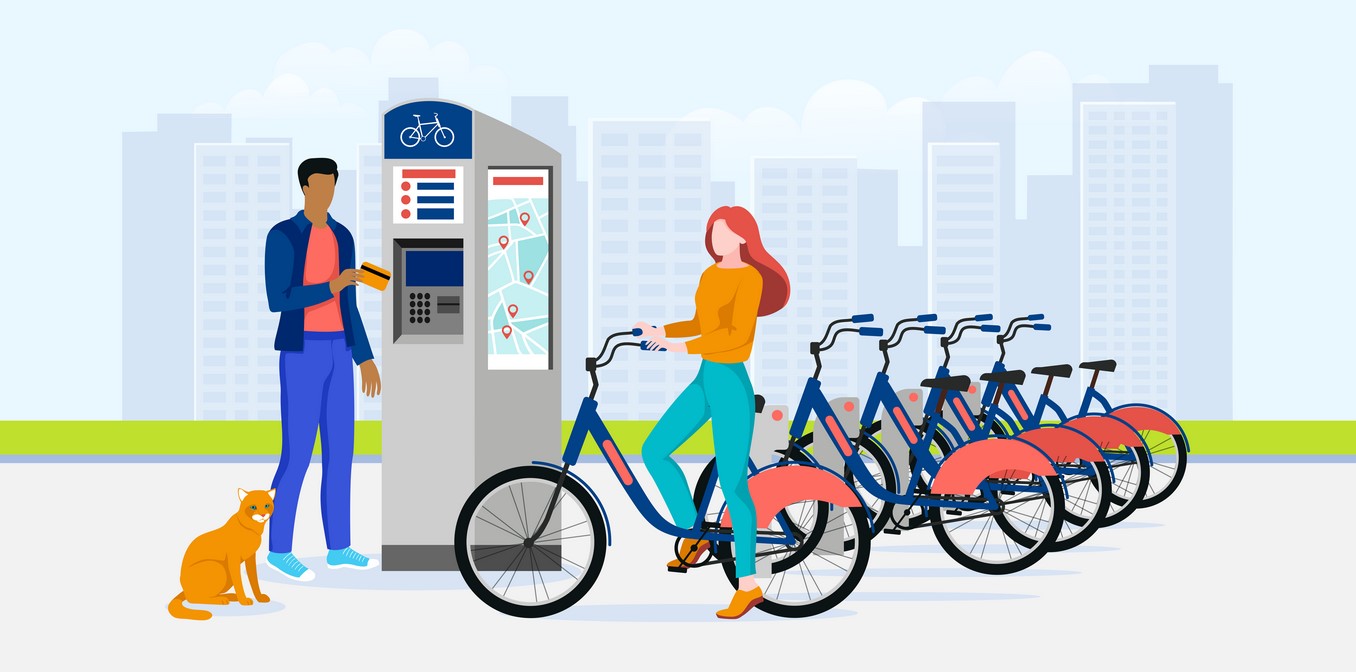Could you see a shared bike scheme in St Andrews? Whether you cycle or not, examples of shared bike schemes across the UK have generally brought about a huge amount of benefit for any town. They lower congestion, reduce congestion, reduce strain on the NHS and help tackle air pollution. In St Andrews, with over 1200 bikes on campus and associated costs for storage, maintenance and disposal increasing a shared scheme could increase cycling rates whilst decreasing private ownership.
Over the past summer Transition intern, Matthew Coubert, was tasked with creating a feasibility study as well as gauging the value of a public bike share scheme in St Andrews. In his time he managed a good amount of research and public engagement, surveying 137 people and attending a local Famer’s Market to promote the idea. In terms of his research, Matthew’s findings included:
- Bike shares generally provide a lot of benefit to any town. Easy access to bikes re-engages cyclists, increases cycling in all groups, with a much higher proportion of women using bike shares as compared to general cycling. Bike shares also increase use of public transport, as it gives an easy and quick way for travelers to finish their journey after leaving the public transit network.
- Bike shares are proven to be an excellent way to re-engage cyclists and create long term active travel habits better than short term bike loans do.
- All the groups surveyed locally indicated support for a public bike share scheme in St Andrews and our findings also show that many residents state they would replace their current personal car use with a public bike share if one were available and convenient for them, this would ease congestion in the centre of town and open up parking spaces.
So where do we go from here? It is important to remember that this research, while extremely encouraging, is only a feasibility study. This means there is no concrete plans in place for launching a shared biked scheme… yet! The next stages include reaching out for project partners and securing funding.
Shared bike schemes already exist in St Andrews but on a much smaller scale than what Matthew’s research proposes. Here at Transition we coordinate Bike Pool and the University staff ebike scheme. But if these schemes were upscaled, what would they look like? If these schemes branched town and gown, how would attitudes towards cycling change? If active travel was the norm, how much cleaner would our air be? Would we, St Andrews, be a more resilient community overall?
Bike shares fit well with the Scottish Government and University’s transport plan, encouraging low or no-carbon active travel. With this making its way up the agenda, perhaps there is a chance they would materialise sooner rather than later.



